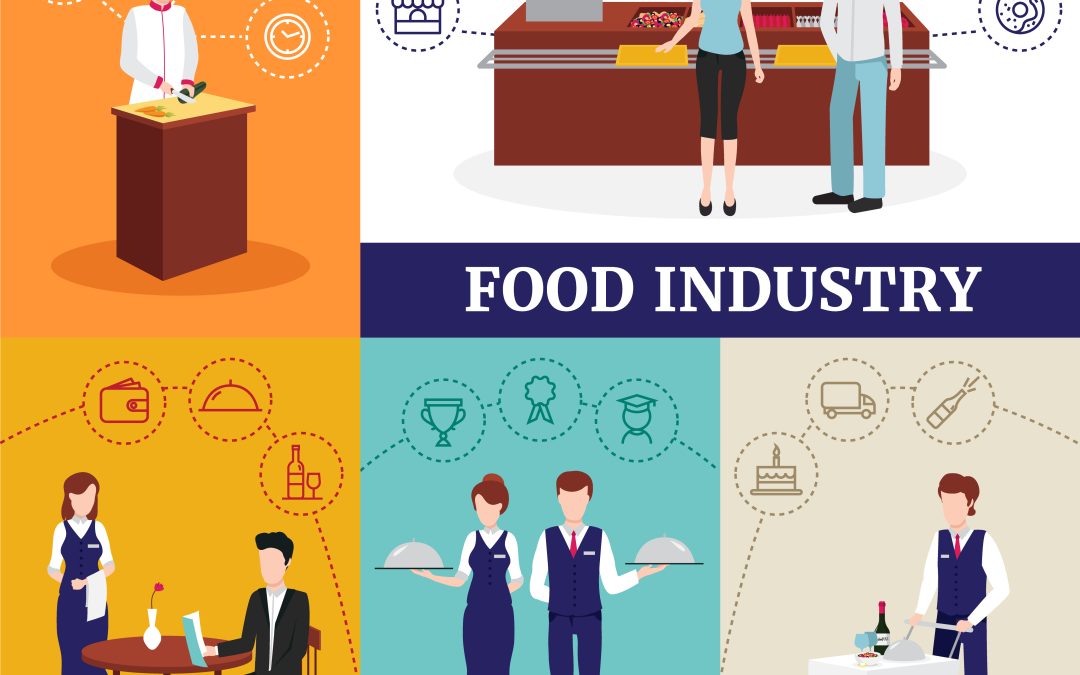In today’s dynamic service industry, the food and beverage sector is among the most vibrant, competitive, and rapidly evolving sectors. Behind every successful restaurant, café, resort, or catering business is not just culinary talent but strategic leadership built through Hospitality Management. This discipline goes far beyond serving delicious meals; it equips professionals with the knowledge, operational expertise, and leadership mindset to drive excellence in customer service, innovation, and business sustainability.
This blog explores how Hospitality Management empowers food and beverage leaders to build successful operations, nurture customer relationships, and create memorable dining experiences in an increasingly globalized market.
Understanding Hospitality Management
Hospitality Management is a multidisciplinary field that combines business administration, customer service, marketing, and operations management within the hospitality industry. It encompasses sectors such as hotels, restaurants, event management, tourism, and catering services. The goal is to ensure seamless guest experiences, efficient business performance, and long-term profitability.
For the food and beverage sector, Hospitality Management provides the backbone for all operations, from menu planning and inventory management to staff training and customer engagement. It transforms culinary creativity into structured, profitable ventures while maintaining a strong emphasis on service excellence.
The Growing Importance of Leadership in Food & Beverage
The food and beverage industry has evolved rapidly due to changing consumer preferences, technological advancements, and global trends such as sustainability and wellness. In this ever-shifting landscape, effective leadership has become crucial. Leaders in this sector are not only responsible for daily operations but also for envisioning strategies that align with market trends, brand reputation, and customer satisfaction.
A well-trained leader in Hospitality Management understands that success comes from balancing operational efficiency with human-centric service. These professionals manage teams, maintain quality standards, handle budgets, and ensure that every guest interaction enhances brand loyalty.
How Hospitality Management Shapes Food & Beverage Leaders
1. Building Strong Managerial and Operational Skills
Hospitality Management programs train future leaders in vital managerial functions, including financial planning, marketing, supply chain coordination, and staff supervision. These skills help food and beverage professionals oversee the entire operation, from procurement to production and service delivery.
For instance, understanding inventory control ensures that resources are optimized, while menu engineering helps in designing profitable offerings that cater to customer preferences. Through Hospitality Management, leaders learn to think analytically and make data-driven decisions that enhance business outcomes.
2. Enhancing Customer Experience
At the heart of every hospitality business lies the guest experience. In the food and beverage sector, this experience goes beyond taste; it involves ambiance, service, personalization, and consistency.
Through Hospitality Management training, leaders learn how to anticipate customer needs, handle complaints gracefully, and maintain service standards that reflect brand values. They understand that small gestures, such as remembering a guest’s preferences or offering a warm welcome, can create lasting impressions.
Moreover, the rise of digital platforms has made customer experience more multifaceted. Leaders must now ensure seamless integration between in-person and online interactions, including online ordering, social media engagement, and digital feedback management, all areas covered under modern Hospitality Management curricula.
3. Driving Team Motivation and Professional Growth
Hospitality is fundamentally a people-driven industry. Behind every successful restaurant or catering service is a dedicated team of chefs, servers, and managers working together. Effective leadership through Hospitality Management ensures that these teams are well-trained, motivated, and aligned with organizational goals.
A good leader understands that staff satisfaction directly influences guest satisfaction. By applying principles of leadership and human resource management learned through Hospitality Management, food and beverage managers foster teamwork, encourage skill development, and create an environment of respect and collaboration.
Conclusion
The food and beverage industry goes beyond serving delicious meals, it’s about delivering unforgettable experiences. Strong leadership rooted in Hospitality Management is key to achieving this. By mastering operations, finance, customer service, sustainability, and innovation, hospitality professionals can turn businesses into inspiring, successful brands. As the industry evolves, those skilled in Hospitality Management will lead growth, creativity, and excellence, shaping the future of modern dining and redefining what true hospitality means.


